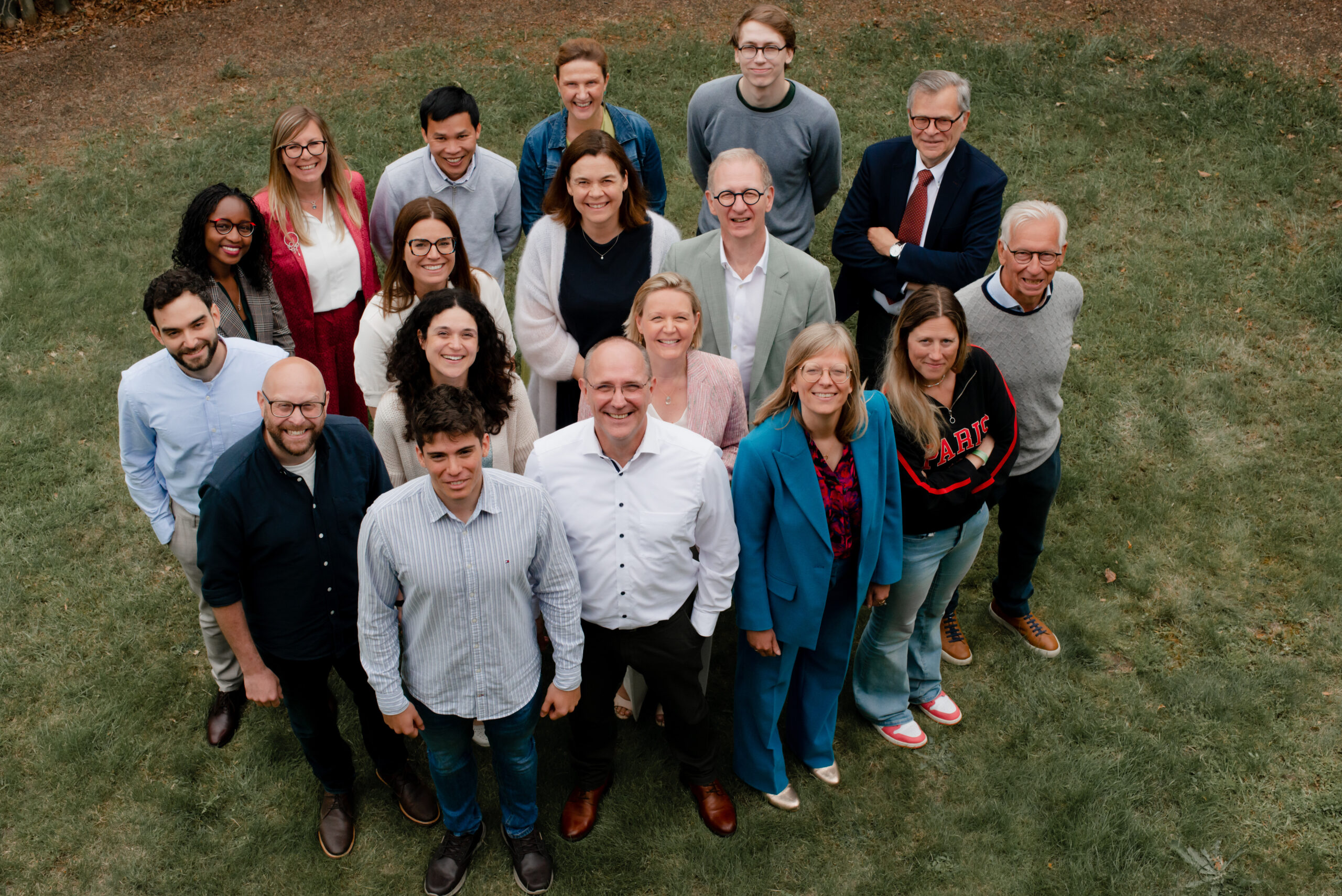12th draft recommendation for the REACH Authorisation List consultation
ECHA and the European Commission consult on the 12th draft recommendation for the REACH Authorisation List
On 7 February 2024, the European Chemicals Agency (ECHA) and the European Commission (EC) launched parallel three-month consultations on ECHA’s 12th draft recommendation for the REACH Authorisation List (Annex XIV of REACH). The draft recommendation considers the following substances:
- Melamine (CAS No: 108-78-1; EC No: 203-615-4)
- Bis(2-ethylhexyl) tetrabromophthalate covering any of the individual isomers and/or combinations thereof (TBPH)(CAS No: 26040-51-7, EC No: 247-426-5
- S-(tricyclo[5.2.1.0 2,6]deca-3-en-8(or 9)-yl) O-(isopropyl or isobutyl or 2-ethylhexyl) O-(isopropyl or isobutyl or 2-ethylhexyl) phosphorodithioate (CAS No: 255881-94-8, EC No:401-850-9)
- Diphenyl(2,4,6-trimethylbenzoyl)phosphine oxide (CAS No: 75980-60-8, EC No: 278-355-8)
- Barium diboron tetraoxide (CAS No:13701-59-2 , EC No:237-222-4).
These substances of very high concern (SVHC) were included in ECHA’s 12th draft recommendation for Annex XIV based on a scoring system that gives priority to candidate list substances with PBT or vPVB properties, wide-dispersive use or high-volumes. Other factors may also be considered, such as grouping of substances to avoid regrettable substitution. The prioritisation process is based primarily on information in registration dossiers.
Steps of the prioritisation process
- ECHA undertakes a regular assessment of Candidate List (SVHC) substances to prioritise substances for inclusion on the Authorisation List (Annex XIV).
- Based on a Candidate List scoring exercise, ECHA produces a draft recommendation for Authorisation List prioritisation.
- The draft recommendation is published with a three-month ECHA public consultation (this is the current stage). A parallel consultation exercise is also initiated by the EC (but the information is not considered until a later stage – see next section
- ECHA’s Member State Committee provides an opinion on the recommendation, taking into account comments from the ECHA consultation.
- The recommendation is finalised by ECHA, and submitted to the EC.
- The EC produces a decision on the substances to be included in the Authorisation List.
- The Authorisation List is updated and the decision is published in the Official Journal of the EU.
Scope of the ECHA and EC consultations
The scope of ECHA’s consultation exercise is limited, with the draft recommendation requesting comments on:
- Uses in the scope of authorisation and respective volumes.
- Latest application and sunset dates, complexity of supply chains and review periods.
- Uses that should be exempted because existing legislation ensures that risks are properly controlled
The EC’s parallel consultation on socio-economic impacts is broader in nature, with the objective of informing policy makers about the economic and social consequences of the authorisation requirement. Details are sought on the substance uses, risks to human health and the environment, the availability of alternatives, market, supply chain and competitiveness considerations as well as other impacts associated with an Annex XIV listing. The consultation also asks for information on other regulatory options.
As inferred above, there is an important distinction to be made between the ECHA and EC consultation exercises; inputs to ECHA’s consultation will be considered by the Member State Committee (MSC) when providing an opinion to ECHA on the draft recommendation. When finalising the recommendation, ECHA will then take into account the MSC opinion and public consultation comments.
When the final recommendation is submitted by ECHA to the EC (as the decision maker), the EC will also consider the information received via the parallel call for evidence on socio-economic impacts.
Notably, there are several examples where the EC’s decisions on listing a substance on Annex XIV diverge from ECHA’s recommendations and both consultation exercises serve important purposes.
Advice for industry stakeholders
The substance prioritisation stage is a critical period for industry stakeholders to act.
-
There are specific windows of opportunity for stakeholders to provide input to the authorities. The ECHA and EC consultations are the last windows of opportunity to have your say before Authorisation listings are prioritised and decided upon. If you are likely to be affected by the prioritisation it is important to act now and to feed the requested information into the regulatory process, encouraging proportionate regulatory measures to be brought forward.
-
Substance registration dossiers are the key source informing ECHA’s prioritisation process. It is critical that use information is up to date as this directly effects the prioritisation scoring and ECHA encourages REACH registrants to update their use information when submitting comments to the consultation exercise. For example, can registered uses that are no longer relevant, but may cause a concern from a human health or environmental perspective, be removed from registrations (or even advised against)?
Choose Apeiron-Team as your partner
Having been at the forefront of the REACH Authorisation since its inception, Apeiron-Team is adept in guiding industry stakeholders through all aspects of the prioritisation process. Apeiron-Team’s team of experts can provide full support in reviewing and updating registration dossiers as well as consultations.
Looking ahead and considering ECHA’s integrated regulatory strategy which aims to speed up regulatory action and the identification of substance of concern, Apeiron-Team can also assist in substance surveillance, horizon-scanning and substitution facilitation activities to ensure ongoing seamless compliance.
See our full range of REACH and CLP services here
Contact our experts
Apeiron-Team’s experts are here to guide you through the REACH Authorisation prioritisation process. Reach out to info@apeiron-team.eu or +32(0)3 808 2067.
Like the sound of Apeiron?
We'd love to know more about you! We are always looking for people who are driven by passion.


